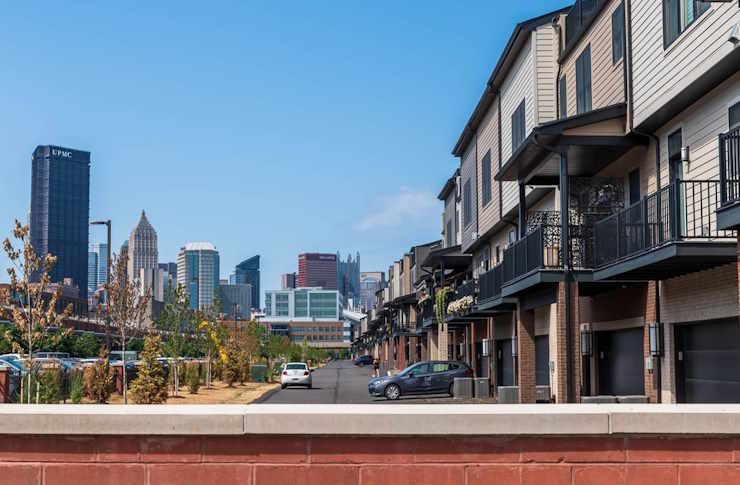"Demystifying the Potential of Repurposed Real Estate"
Introduction: In the ever-evolving world of real estate, adaptability is key. Repurposing underused or abandoned properties into profitable assets is a strategy gaining traction. This article delves into the practices, potential, and considerations of repurposed real estate.

From Derelict to Desirable: The Rise of Repurposed Real Estate
As urban spaces become increasingly scarce, developers are turning to repurposed real estate - transforming underused, obsolete, or abandoned properties into profitable real estate assets. This practice isn’t new; historically, warehouses have been converted into chic lofts, and old churches have found new life as unique homes. However, the recent surge in demand for such properties is noteworthy.
The Current Landscape: The Economics of Repurposing
The economics of repurposing real estate are compelling. The cost of construction for new buildings is rising due to labor shortages and material costs. Repurposing existing structures can present a cost-effective alternative, especially in densely populated urban areas where land is scarce. Further, repurposed properties often offer unique character elements that appeal to customers and tenants, enhancing their marketability.
Advantages and Challenges: The Double-edged Sword
Repurposing real estate holds several advantages. It can breathe new life into areas suffering from urban decay, boosting the local economy and promoting sustainable development. However, it’s not without challenges. Such projects often require significant renovation work to meet modern codes and standards. Environmental issues, such as the presence of asbestos or lead, may also arise.
The Impact on Buyers, Sellers, and Investors
From an investor’s perspective, repurposed real estate can offer attractive returns, provided the challenges are effectively managed. For buyers, these properties can provide unique living or working spaces. Sellers, especially in areas of urban decay, can benefit from the revitalization of their neighborhoods, leading to increased property values.
Looking Ahead: The Future of Repurposed Real Estate
With increasing awareness about sustainability and the efficient use of resources, the trend of repurposing real estate is likely to continue. Moreover, as urbanization intensifies, the need for creative solutions to address housing and commercial space needs will only grow.
In conclusion, repurposed real estate offers a promising avenue for investors, buyers, and sellers alike. As with any real estate strategy, understanding the potential benefits and pitfalls is key to making successful investments. With the right approach, repurposing real estate can breathe new life into old buildings and contribute to sustainable urban development.




